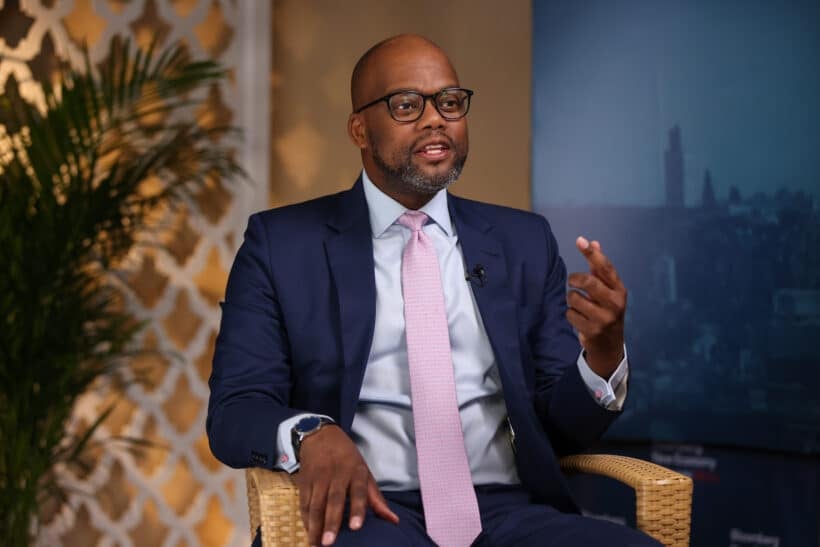
African Continental Free Trade Agreement Secretary General Wamkele Mene says African countries must unify trade policies in order to deal with the disruption caused by U.S. President Donald Trump’s global tariffs.
“The good news out of this crisis is that our heads of states understand that there is not a single market in Africa that will survive on its own,’’ Mene told CNBC Africa in an interview. ’’We are not going to be able to negotiate bilaterally successfully. I think that’s clear. We will have to leverage on our combined efforts, our combined market size, market share, and combined population size.’’
President Trump has slapped tariffs on almost every country in the world, complaining they have been taking advantage of the world’s largest economy’s openness for trade. Economists have however questioned the methodology used to arrive at the tariffs which saw the small mountain kingdom of Lesotho slapped with the highest tariff rate at 50 percent under Trump’s ‘reciprocal’ tariffs.
While most countries have sought to negotiate, China, the world’s second largest economy has retaliated with 125% tariffs on the U.S. after it jacked up the initial tariffs to 145%.
The tariffs on Africa have called into question the future of the African Growth and Opportunity Act (AGOA) under which a number of African countries enjoyed duty free access to U.S. markets. The pact is due for renewal this year.
Mene said AGOA was practically dead anyway, given the sweeping nature of President Trump’s tariffs.
“I think if we look at the measures that the U.S. introduced, both the tariff and non-tariff measures, AGOA is no longer alive,’’ Mene said. “What we should always remember, though, is that it was a unilateral preference.’’
He said the disruption caused by the tariffs was going to hurt countries like South Africa and Nigeria, the continent’s largest economies as well as smaller ones like Lesotho, Madagascar, Angola and Kenya. But he suggests the continent should use the opportunity to diversify its markets and strengthen intra-African trade, which remains the lowest among global regions at under 20 percent.
He cited the example of Ethiopia which doubled its exports after being kicked out of AGOA by partnering with China.
‘’The benevolence of others is not going to get us anywhere. We’ve got to very, very quickly redouble our efforts to build this domestic market because we can’t rely on others.’’
To accelerate the implementation of the AfCFTA, Mene said African Ministers of Trade are looking at ways of simplifying the ‘’complicated method’’ used to reduce tariffs among member countries which was negotiated in 2017. ‘’It’s a very different world to today. So, how do we make sure that we have a liberalization modality that takes account for where we are, the reality of today?,’’ he said lamenting the $50 billion African countries expend annually to import grain when it has grain exporters.

